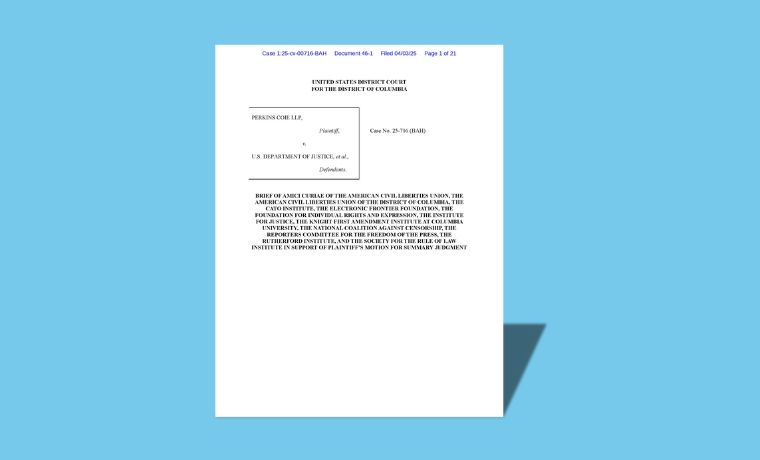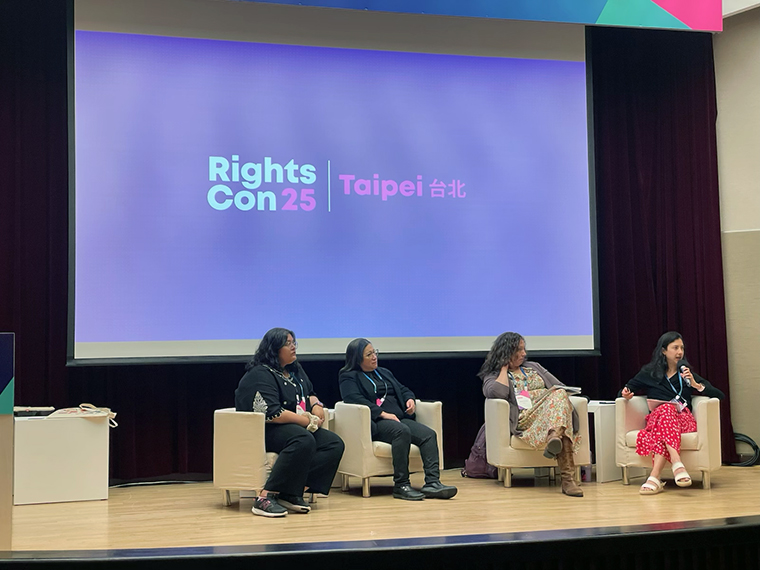Doing Well & Doing Good: Reflections on Business & Human Rights

October 1, 2015
In 2012, I sat in a mercifully air-conditioned room in Freetown, Sierra Leone with a colleague, deep in conversation with the manager of one of the first private equity funds in the region. We were there on a scouting trip, looking for NGOs and social enterprises that were generating maximum social impact with the limited time and resources within the post-war environment. But when asked his thoughts, the fund manager challenged our theories for change: the best thing for the country was investment in growing local businesses, he said, not in another non-governmental or UN intervention.
In the weeks following, I began to see the truth in his words while meeting with dozens of other Sierra Leoneans, native and adopted alike. The work of NGOs and the UN were essential but they were not substitutes for a thriving private sector that would generate even more economic opportunities and development. In my mind, the longstanding notion of how to “do good” flipped on its head – and I have been on a journey to understand the positive power of business in shaping the world ever since.
That same journey led me to NYU Stern last fall where I began my full-time MBA program. I had hopes of not only building my knowledge of the business world but also gaining credibility within business contexts. I encountered many along the way who insisted that social risk or human rights concerns could not play a role in core business operations, but I found myself always asking, why not? To find the answer, I needed to understand the viability of a business case for social responsibility. And to my surprise, these kinds of conversations were already happening at NYU and beyond – powered by a small but growing population of professionals interested in leveraging the power of business to tackle some of the world’s most difficult human rights challenges.
During my first year at NYU Stern, I was selected to be one of the inaugural fellows of the Business and Human Rights Fellowship, jointly created by the NYU Stern Center for Business and Human Rights and the United States Council for International Business. The fellowship provides first-year MBA students with invaluable training as well as a summer internship in business and human rights at a multinational company. Through my participation, I had the opportunity to see some of this growing conversation firsthand among brands within the food and beverage and general consumer product industries.
As a Global Sustainability intern at PepsiCo, my work focused on enhancing compliance within their supplier base around PepsiCo’s longstanding Supplier Code of Conduct through robust business processes and metrics for progress and reporting. I analyzed industry trends around the voluntary reporting that a growing number of big brands do annually on sustainability issues that they consider material to their business. In conversations with representatives from other industries, I began to understand a daunting reality: even large, well-resourced multinational companies cannot do this on their own. Rather, they need to stand together with other stakeholders to effect real, practical change.
As I reflect on my summer, I have a few substantial takeaways along with several big questions I will likely confront throughout my career.
First, it is possible to be a financially successful, global brand that lives the values it professes. PepsiCo’s commitment to Performance with Purpose is what first attracted me to the fellowship, but I was consistently surprised at how authentically this value is woven into their internal culture and at the extent of human and financial capital dedicated to bringing this operationally to life.
Second, creating and launching sustainable, rights-respecting business processes require leadership that is deft at managing change throughout the value chain. Most businesses currently aren’t equipped to do so, but shifts at a global scale will soon require more and more corporations to change their status quo.
Third, businesses don’t and shouldn’t hold the responsibility alone. The traditional notion is that corporations exist to create and maximize value only for their shareholders and consumers. However, as businesses venture deeper into developing or frontier markets, they are confronted with a set of complex governance and regulatory challenges that pose great risks when doing “business as usual.” But changing business practice alone is not sufficient to solve social problems or fix broken systems. Indeed, governments and civil society must also step up to the plate as partners in their own right.
Looking to the future, I am eager to see how the business landscape will change as it responds to shifts in demographic, economic, social and geopolitical disruptions. I am curious about how the case for operating more sustainably as a business can be quantified in line items on financial statements. I am encouraged by the growing interest of serious investors who want to see a return against a triple bottom line. Mostly, however, I am encouraged by the willingness of companies to use their influence positively, to pursue a culture of shared responsibility, and to welcome a generation of future leaders motivated as much by “doing well” as “doing good.”
 Business Education
Business Education Business & Human Rights Leadership
Business & Human Rights Leadership


